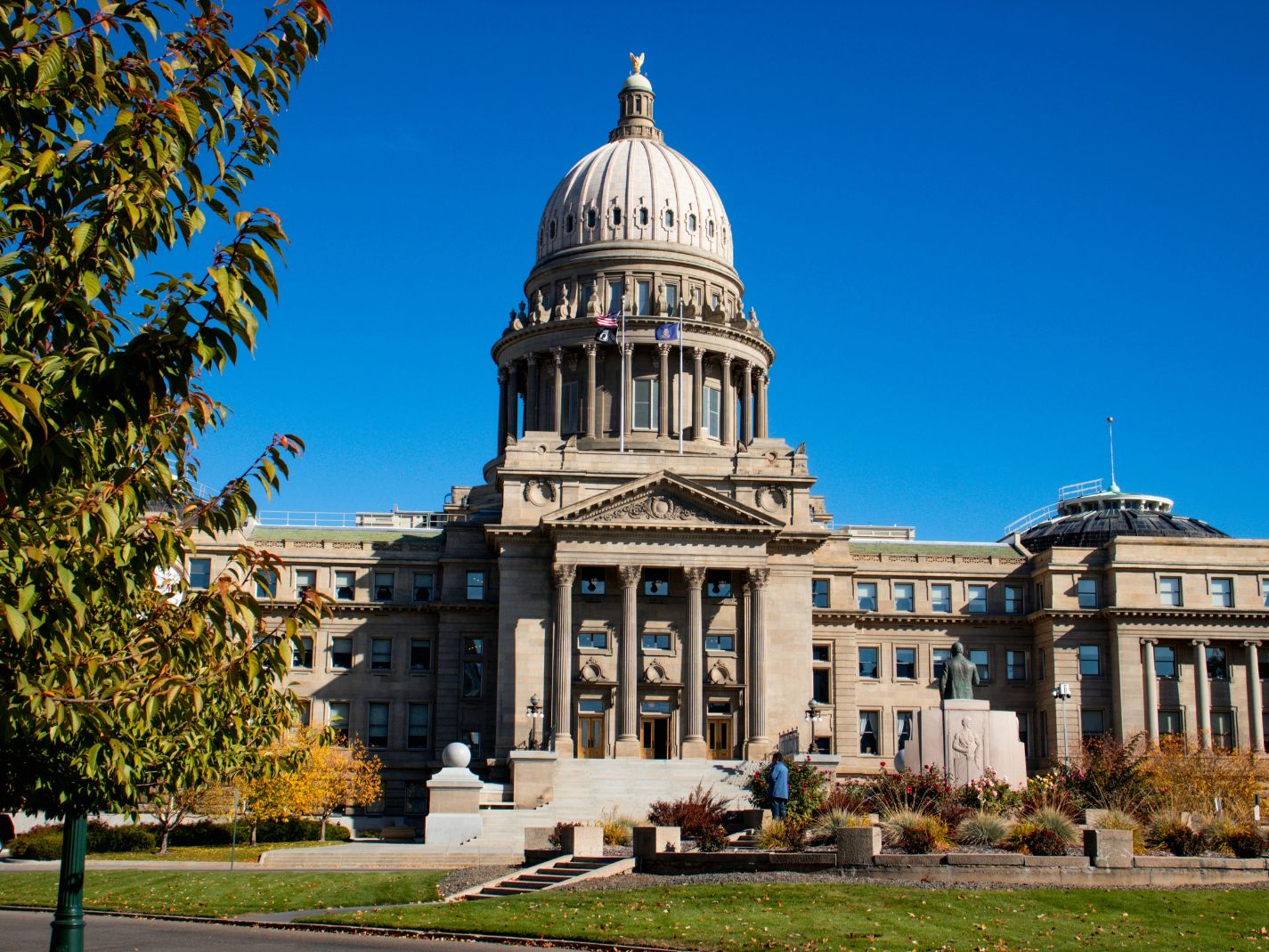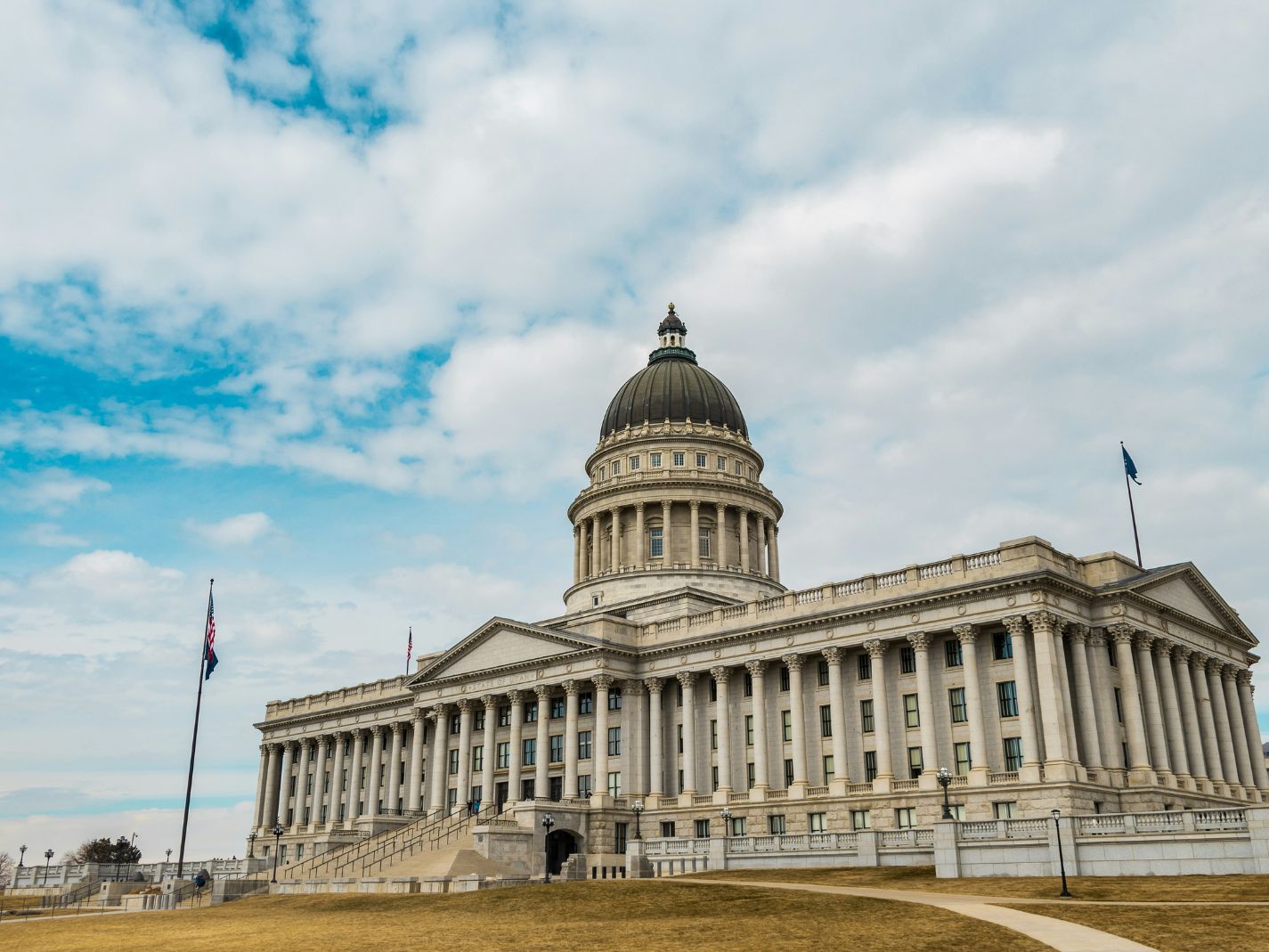We’ve drafted a new model Born-Open Documents Act! And we are mulling the effects of the recent Supreme Court decision on affirmative action. And we, your faithful correspondent anyway, are going on vacation in August. (Civic disengagement, with a fishing pole!) Resolutes will be light or non-existent until September …
Education Bureaucrat Secrecy and the Model Born-Open Documents Act
The James G. Martin Center for Academic Renewal has used a public records request to expose the responsibility of University of North Carolina at Chapel Hill (UNC) Chancellor Kevin Guskiewicz for the diversity, equity, and inclusion (DEI) revolution that has swept through UNC since 2020. As the Martin Center has established, every aspect of this revolution was executed surreptitiously, to avoid public accountability. It took a prolonged campaign of investigative journalism to uncover the individual schools’ blatantly discriminatory DEI plans, and it took three years to determine that the chancellor was responsible for these plans. We likely won’t find out whatever the UNC administration is imposing on its faculty and students until 2026. Bureaucratic secrecy removes public accountability, and it means there will be an endless cycle of initiatives that continue illiberal discrimination, even if the discovered few are belatedly rescinded.
The Civics Alliance (and other organizations) therefore has promoted model bills for academic and financial transparency, both at the K–12 and the university level. We now add a model Born-Open Documents Act, which applies to both public K–12 and university education, to our suite of model transparency bills.
Scientists seeking to address the irreproducibility crisis of modern science have begun to put into practice the concept of “born-open data”—scientific records that are translated into a publicly accessible electronic format from the moment of their creation. Education institutions funded by state governments can and should put into practice the parallel concept of “born-open documents”—public records that are translated into a publicly accessible electronic format from the moment of their creation. No fee will apply to born-open documents, and education bureaucracies will not be able to hide their existence.
The model Born-Open Documents Act should greatly limit the ability of education bureaucracies to impose illiberal, politicizing policies on public K–12 schools and universities without accountability to policymakers and the public.
Until this and other transparency acts are passed, Civics Alliance supporters should imitate the Martin Center and use the public records request process vigorously, to hold education bureaucrats accountable for their secret initiatives.
Oregon Association of Scholars Critiques Candidate for Director of Oregon’s Department of Education
The Oregon Association of Scholars, a state affiliate of the National Association of Scholars, has published an extensive critique arguing that Charlene Williams is unfit to serve as director of the Oregon Department of Education:
Williams has built her career not on being an educator but on being a “racial justice” agitator obsessed with a “white-black” dichotomy worldview. Her 2015 dissertation from the School of Education at Lewis & Clark College was entitled “On Me”: How African American Male Students in an “Urban” High School Describe High Teacher Expectations. The research, for which she was awarded a Ph.D., involved interviewing 12 black students at Roosevelt High School in Portland (where she was principal at the time). Based on Critical Race Theory, the dissertation asserts that all educators must believe that racism is omnipresent and inescapable in American society.
Politicized, illiberal education depends upon the routine appointment to positions of authority of politicized, illiberal educators. Such appointments must be challenged—and defeated. The Oregon Association of Scholars demonstrates how to level such a challenge.
After SFFA v. Harvard
The Civics Alliance opposes race discrimination, and therefore it is delighted about the Supreme Court’s decision in SFFA v. Harvard, which removes formal race discrimination from university admissions. Our primary focus, naturally, is civics education, which is, or should be, only tangentially concerned with individual Supreme Court decisions. Of course, “action civics,” or “civic engagement,” is part of the intellectual and administrative constellation that provides a fig leaf for race-discrimination advocacy and for the suppression of dissent. The very core of a civic education requires teaching students to treat one another as equal individuals, defined by their shared citizenship and not divided by any competing group identity.
If action civics teaches students to protest the Supreme Court when it rules for equality, proper civic education teaches them to understand the history, the principles, and the arguments behind the Supreme Court’s decision. It also teaches students how to disagree civilly, without resort to ad hominin arguments such as those embedded in Critical Theory, as they craft reasoned arguments about the Supreme Court’s majority and dissenting opinions.
The Civics Alliance supports SFFA v. Harvard, and it supports a civics education that will teach students to base their differing arguments about the case upon a profound knowledge of America’s history, ideals, and constitutional principles and precedent, and upon a fundamental affection for a country that welcomes and is built upon the civil debates of an educated citizenry.
DC Social Studies Standards
Washington, DC has just adopted terrible social studies standards, filled with the usual progressive ideology and action civics. We have not commented publicly on these standards, because 1) they resemble Rhode Island’s standards; and 2) the chances of prompting reform in Washington, DC seem minimal. But even if we are economizing on staff time, Civics Alliance supporters should be aware that the nationwide campaign to radicalize social studies standards has affected DC—and that its standards presumably will inform campaigns to radicalize social studies standards throughout the fifty states.
Serious History Writing
A real understanding of history and civics requires writing real history papers. The best place to learn how to write such history papers is at The Concord Review, above all in its summer History Camps. Parents and schoolteachers should encourage their children and students to see what the Concord Review has to offer!
2026 Civics Curriculum
The Civics Alliance’s Missouri state affiliate, The Educated Citizen Project (ECP), has begun the first stage of its 2026 Curriculum (draft title). ECP will build out from the American Birthright civics standards to provide a curriculum map and a full series of lesson plans, available for free to the public. The 2026 Civics Curriculum (draft title also) will provide a model for further initiatives to create curriculum maps and lesson plans for each of the individual grade standards in American Birthright. Standards and lesson plans will work together: lesson plans will encourage states and school districts to adopt American Birthright, and American Birthright standards will encourage teachers to adopt these lesson plans. The ECP initiative deserves enthusiastic support from all supporters of social studies reform.
More immediately, the ECP initiative welcomes support. It needs 5–10 curriculum designers, who should have at least 5 years’ experience teaching high school social studies, including government/civics classes. For the moment, since the ECP initiative has just begun, it is unfunded, so these would have to be volunteers for now. The ECP initiative therefore would also welcome funding, above all to provide honoraria for curriculum designers! Please send an email to David Randall and/or Mary Byrne if you have suggestions about either curriculum designers or funders.
Providing standards and lesson plans is still only the beginning of our campaign. We must craft textbooks, professional development, and more. But the pieces are falling into place, one by one.
Civics Alliance Now Has Ten State Affiliates
The Civics Alliance is building a network of state affiliates—groups dedicated to removing action civics in their states, whom we will list on our website. We now have ten affiliates, in Alabama, Colorado, Georgia, Massachusetts, Mississippi, Missouri, Ohio, Pennsylvania, Rhode Island, and Texas. If you would like to form such an organization, or suggest an existing organization, please get in touch with David Randall (randall@nas.org).
New Accreditation Policy from the NAS
The National Association of Scholars (NAS) has published a new policy on accreditation reform, and soon it will publish accompanying model legislation. The NAS endorses 10 principles and priorities of accreditation policy reform, to be enacted at both the federal and the state levels.
Monthly American Birthright Zoom Meeting
The Civics Alliance will have its monthly Zoom session devoted to social studies standards reform around Labor Day—the day and time are not yet scheduled. Please email randall@nas.org if you would like to join these monthly Zoom meetings.
Social Studies Standards Revision Schedule
2023/Current: Alaska, California, Connecticut, Idaho, Indiana, Kentucky (partial), Maine, Minnesota, Ohio, Oregon, South Dakota, Tennessee, Utah, Virginia, Wyoming
2024: Alabama, Arizona, Montana, Oklahoma, West Virginia, Wisconsin
2025: Kentucky, Nebraska, Texas
2026: Colorado, Maryland, North Dakota, South Carolina
2027: Hawaii, Kansas
2029: Louisiana
2031: Illinois
No Revision Currently Scheduled: Delaware, Florida, Georgia, Iowa, Massachusetts, Michigan, Missouri (but could change), New Hampshire, New Mexico, New York, Pennsylvania, Vermont, Washington
Waiting Confirmation: North Carolina (2021)
Please email David Randall (randall@nas.org) if you are interested in further information about your state’s social studies revision process, and what you can do to participate.
Continuing Priorities: Federal Legislation
At the federal level, the Civics Secures Democracy Act threatens to impose action civics nationwide.
The Civics Bill Tracker
Civics Alliance supporters may now use the Civics Bill Tracker to track all proposed federal and state legislation related to civics.
Public Action
We encourage Civics Alliance supporters to inform the public and policymakers about the stakes and consequences of action civics bills.
David Randall is Executive Director of the Civics Alliance and Director of Research at the National Association of Scholars.
Photo by Adobe Stock



